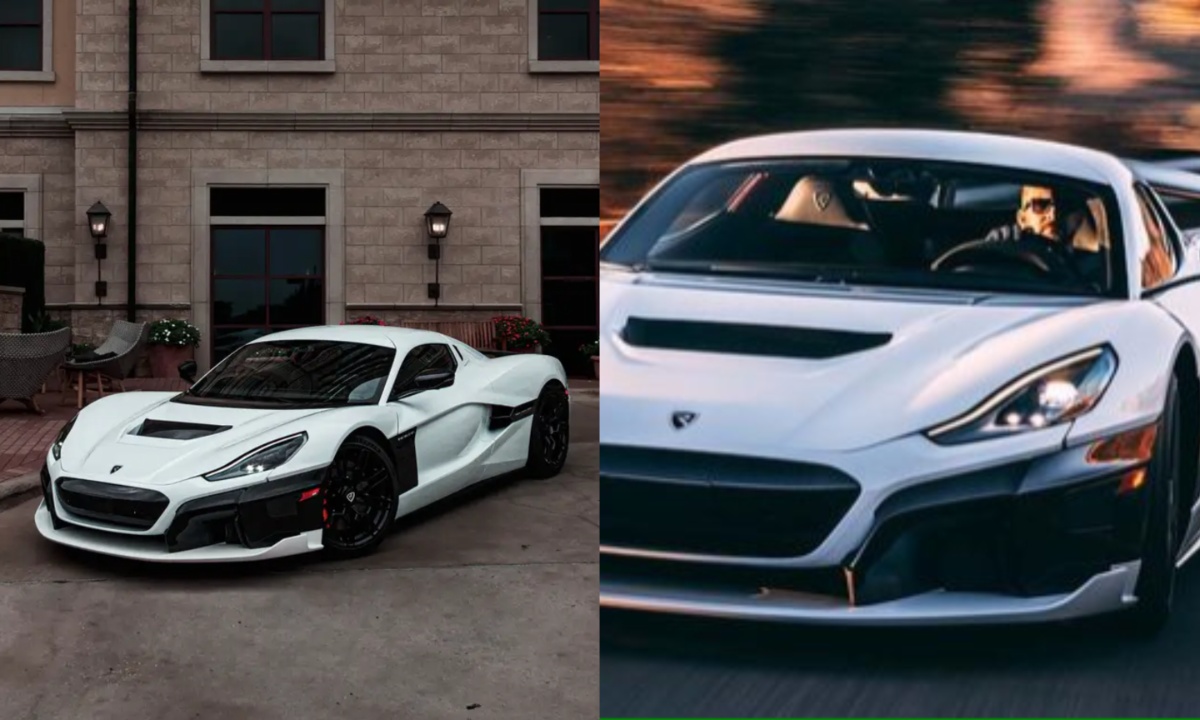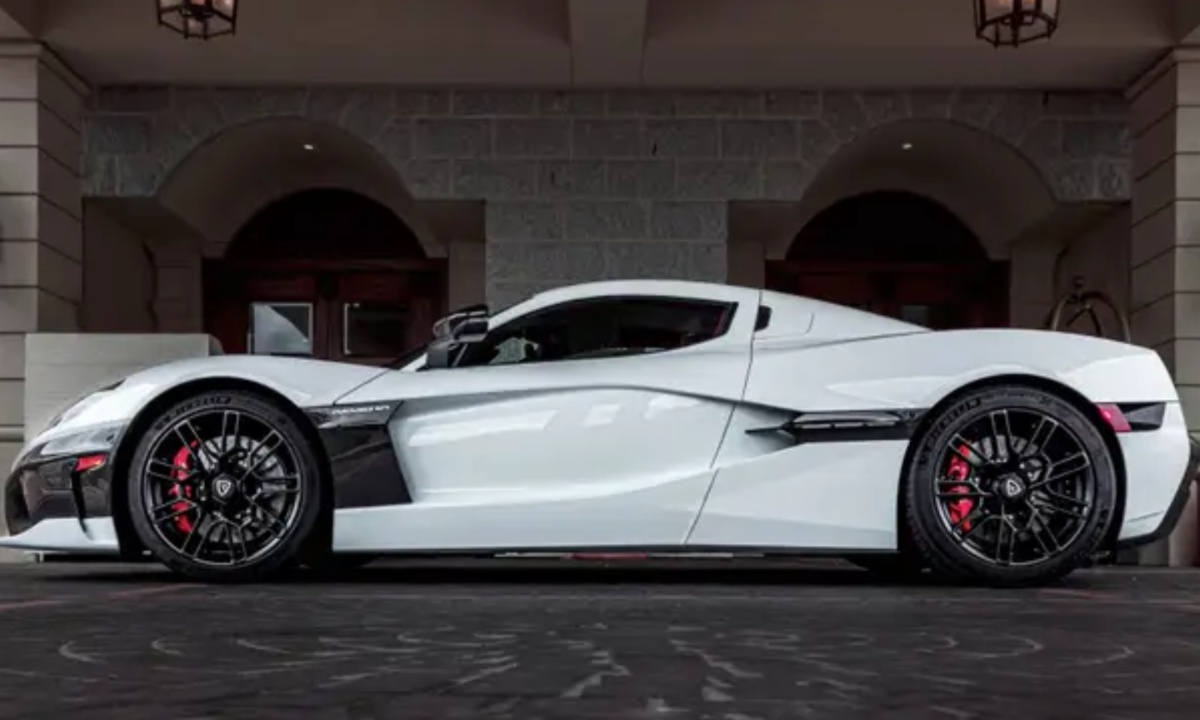Rimac, the Croatian manufacturer renowned for its electric hypercars, faces a harsh reality: its flagship model, the Nevera, struggles to find buyers. Despite its impressive specs, boasting over 1,900 horsepower and acceleration of under 2 seconds from 0 to 100, Rimac has only managed to secure 50 sales contracts out of the initially planned 150.
Mate Rimac, the company’s CEO, openly admits disappointment, attributing the lackluster sales to a shifting preference in the top-tier automotive market towards combustion engines.
The Nevera, introduced in 2021 as a production-ready electric hypercar, was conceived during a time when electric vehicles were seen as cutting-edge. However, as electric cars became more mainstream, particularly in lower segments, buyers in the luxury segment sought exclusivity and distinction, favoring traditional combustion engines.
Rimac likens this trend to the preference for mechanical watches over smartwatches despite the latter’s superior functionality. The Nevera’s hefty price tag of over $2 million and its perceived lack of distinctive aesthetics may also contribute to its sales woes.

Despite the challenges faced by the Nevera, Rimac’s overarching goal has always been to excel in electric powertrains through Rimac Technology. The company’s achievements include partnerships with Hyundai, Kia, Porsche, and, recently, BMW.
Furthermore, Rimac now owns iconic brands like Bugatti and Porsche. Rather than focusing solely on car sales, Rimac prioritizes technological innovation, as evidenced by its development of a new V16 petrol engine for Bugatti and skepticism towards an all-electric Bugatti due to anticipated limited demand.
In response to the preference for analog experiences among supercar enthusiasts, Rimac contemplates the direction of future models. While electric powertrains remain a core focus, the company explores alternative options such as innovative electric technologies and alternative fuels.
Rimac emphasizes the importance of providing a unique driving experience, suggesting a willingness to adapt to evolving market preferences while maintaining its commitment to cutting-edge automotive technology.
Despite initial setbacks with the Nevera, Rimac remains optimistic about its future in the automotive industry, driven by its technological prowess and strategic partnerships. As the automotive landscape continues to evolve, Rimac demonstrates a willingness to adapt and innovate, ensuring its position as a leader in electric powertrains and luxury automotive technology.

